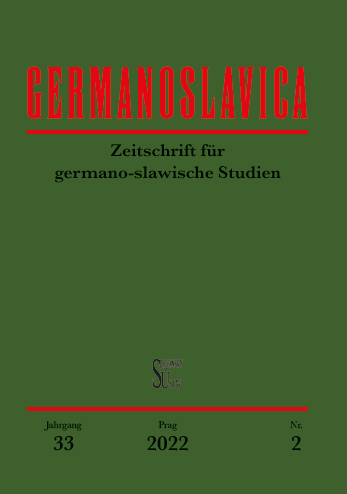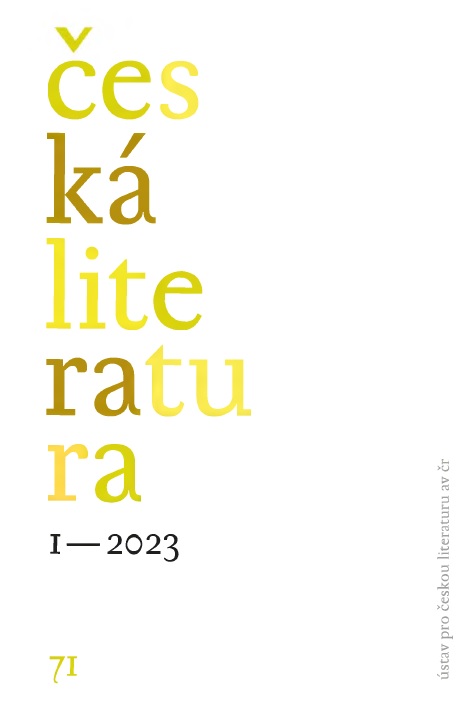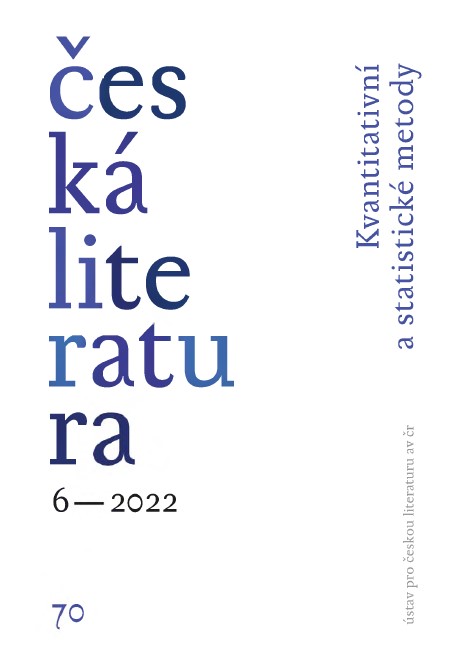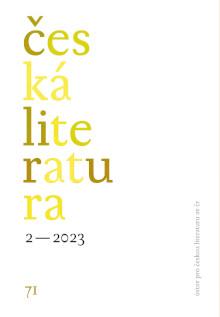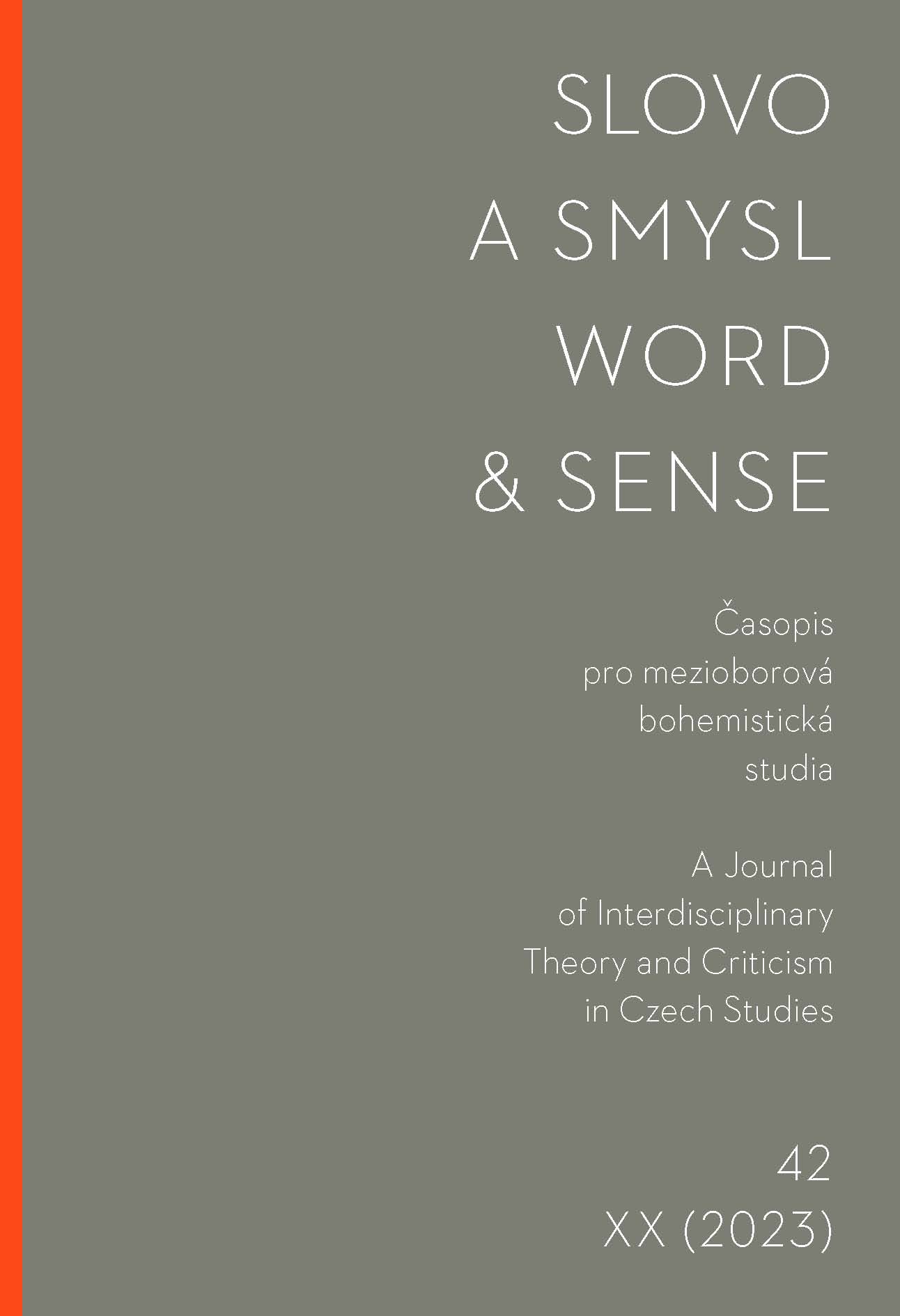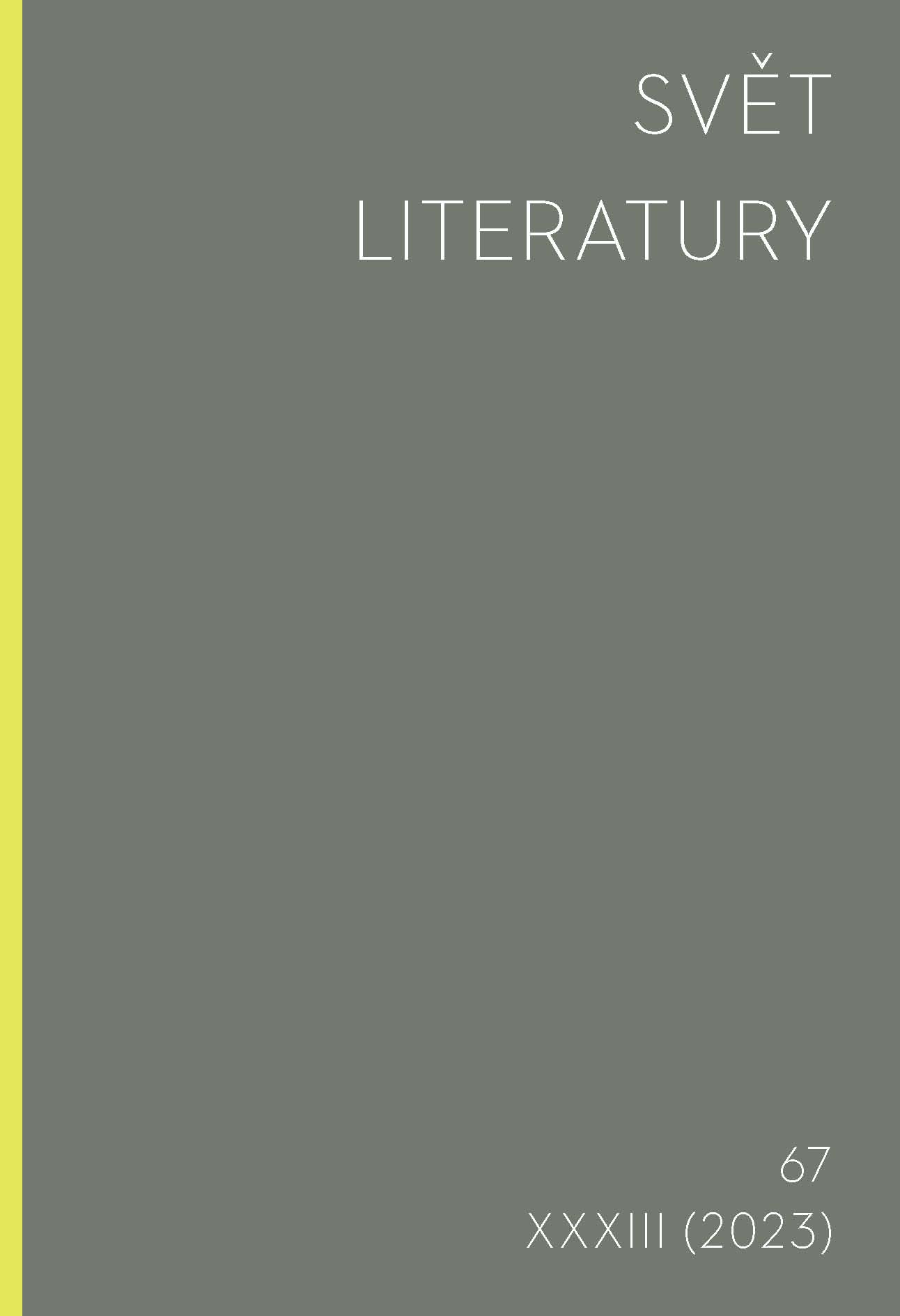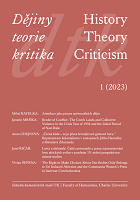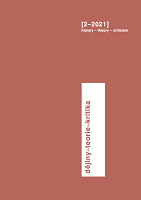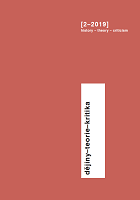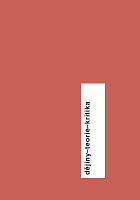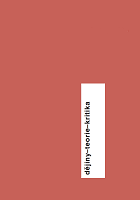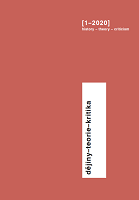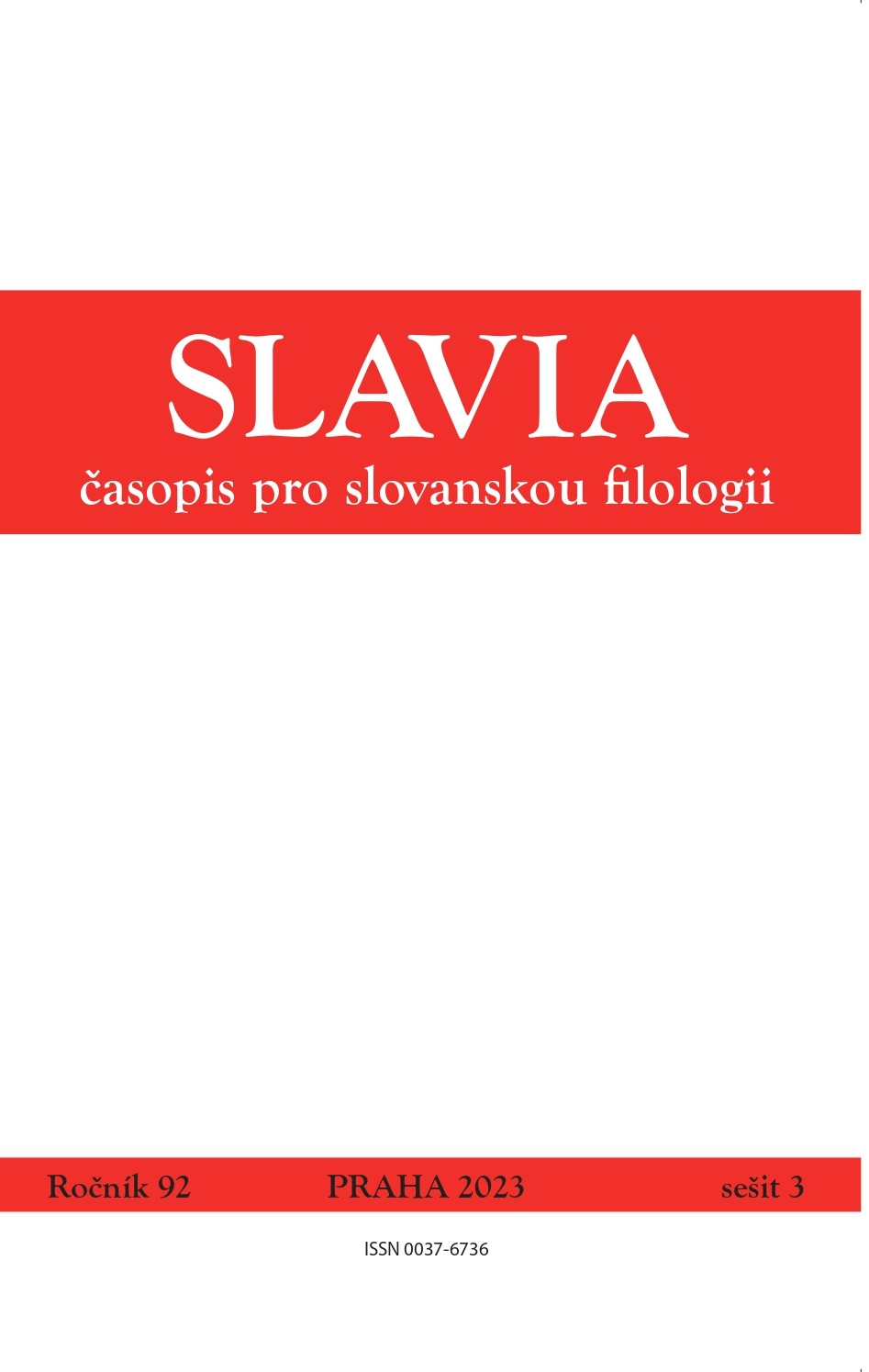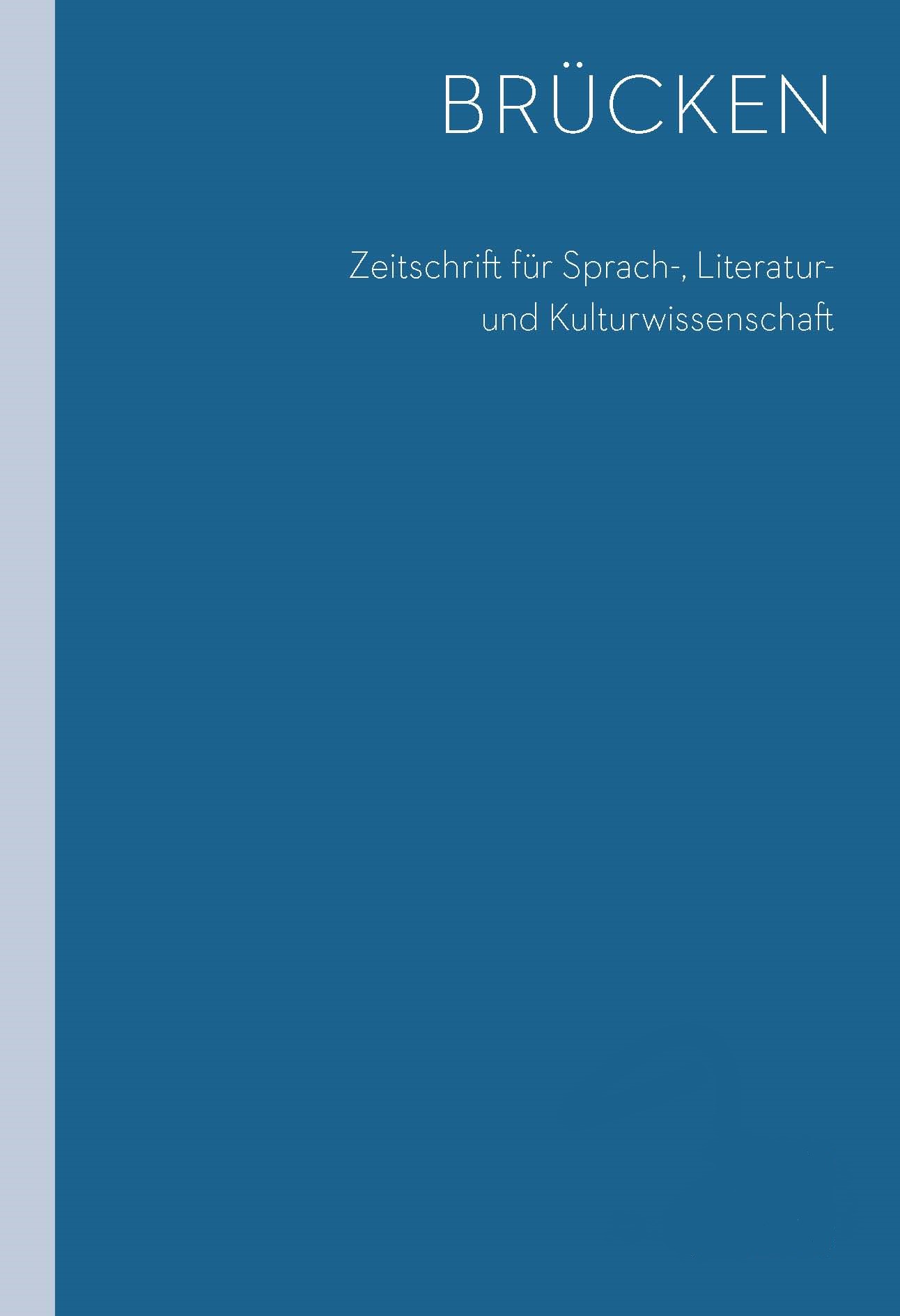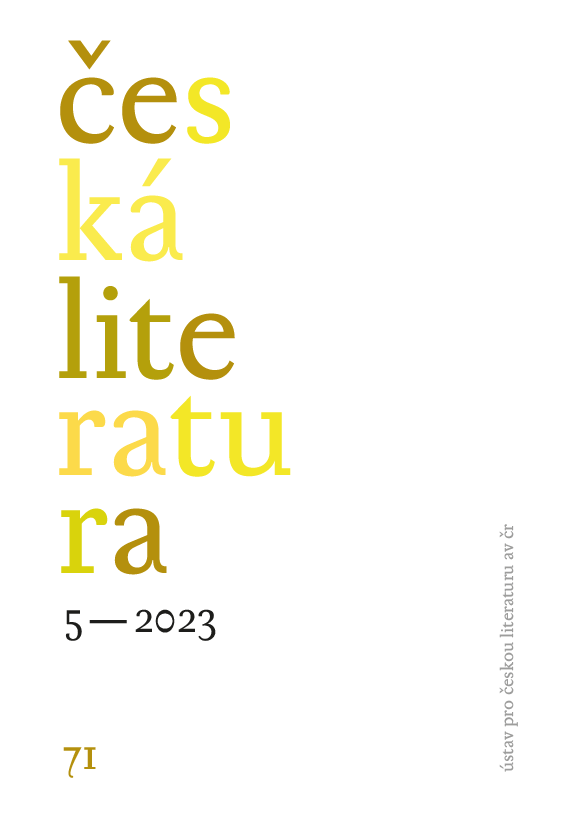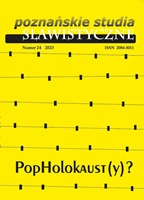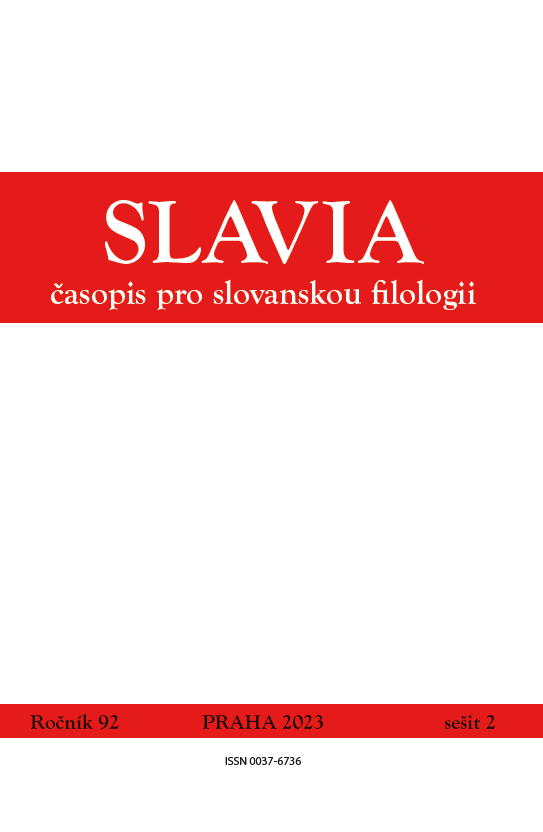
Jaroslav Vrchlický. Hołd pamięci w prasie polskiej (1912–1913)
Jaroslav Vrchlický passed away on 9th September 1912. The news of the outstanding Czech poet’s death brought about a strong response from the Polish press, which not only followed the course of funeral ceremonies, but also commented on the literary achievements of the deceased poet and emphasized his connections with Polish culture. The following article focuses on press studies, and its author takes particular interest in the hermeneutics of philological and political content contained in various texts commemorating Vrchlický. The aim of the article is to describe the content of Polish daily newspapers and periodicals related to the subject of the poet’s death, especially in the context of contemporaneous Polish-Czech relations. Part I analyses and interprets information, obituaries and posthumous memories in the press titles published in Warsaw, Cracow, Lviv and Poznań. Part II describes the course of the celebrations held in tribute to Vrchlický that took place on 8th February 1913 in the main lecture hall of the Jagiellonian University. The content of the speeches delivered by prominent Polish and Czech philologists was reported in detail by the Cracow press. The author of the article demonstrated that political intentions were concealed in the speeches, as a consequence of the war in the Balkans.
More...
